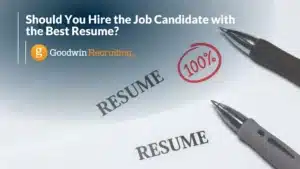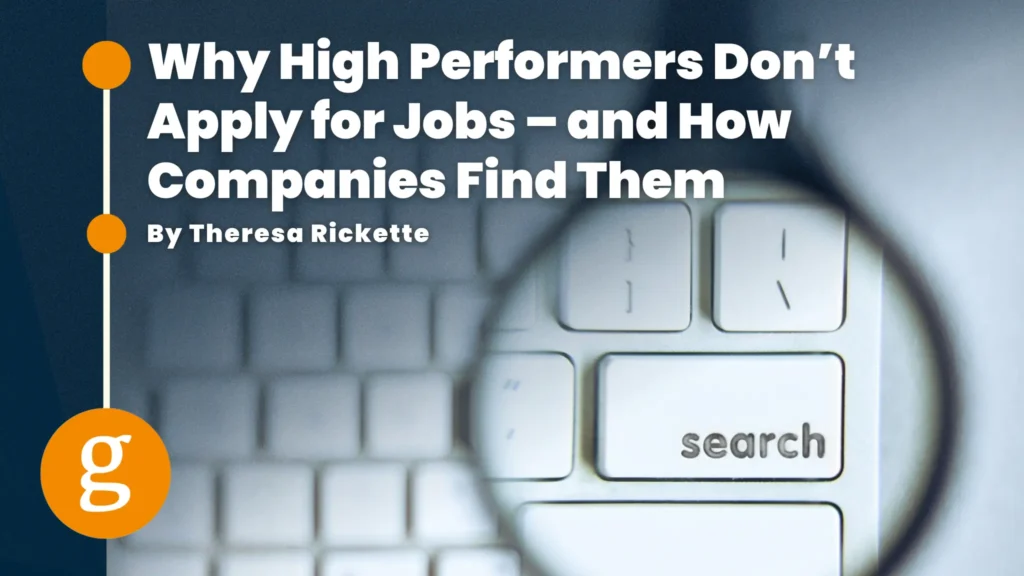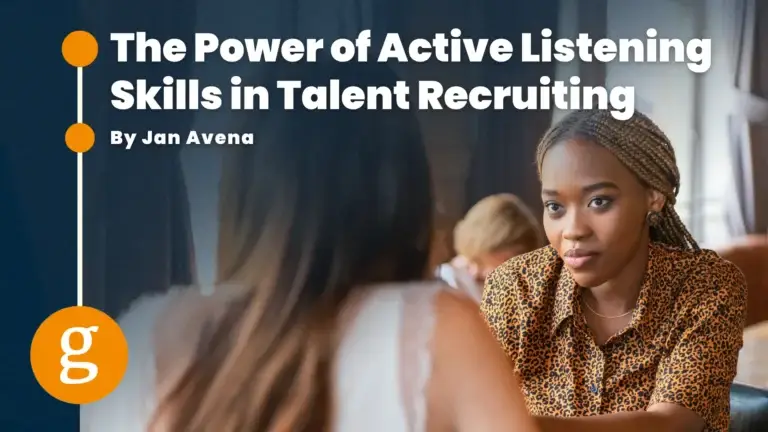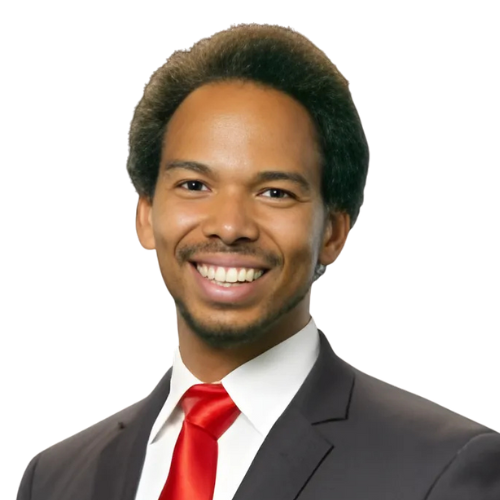Should You Hire the Job Candidate with the Best Resume?
Goodwin Recruiting | Hiring Advice, Leadership, Opportunity for All | March 6, 2024

Even the most experienced hiring managers grapple with this question: Is it always the right decision to hire job candidates who appear best on paper?
Such job seekers are among the first to be noticed and invited for job interviews or invited into the hiring process. But being influenced by and choosing someone based on a resume alone is a woefully inadequate means of talent assessment.
Hiring managers and human resources leaders continue to find that a perfect match on paper doesn’t always translate to a great fit for the role, the company culture, or the business. Given the time and costs involved in talent acquisition and how hiring decisions impact the bottom line, more reliable methods are needed to help determine the best job candidates for the long term.
That’s why we’re sharing our observations as a talent recruiting firm, so that hiring managers don’t have to go it alone in finding those methods. After 25 years in the business, we have a lot of knowledge to share in how to identify the best candidate for a job.
Insights from our vantage point as recruiters
In the talent recruiting world, we have the advantage of gaining insights into our clients’ hiring practices, choices, and successes over time, often over many years. One result we consistently see is how some clients find greater success in hiring Candidate B instead of Candidate A, who may have had the better resume.
What are their reasons and what are the results they experience? In short, these clients prioritize getting to know job seekers outside of their resumes. They use the following methods to do this, realizing that a candidate resume that appears to be the perfect fit won’t always be the best new hire for their immediate and long-term business goals.
Many important attributes aren’t revealed in a resume
In addition to the basic technical skill set and work experience required for your open role, it’s essential to discover whether a seemingly desirable candidate possesses the qualities of a great candidate. What you’re truly after is to learn about and become confident in a job seeker’s character traits, personality, and interpersonal skills, or emotional intelligence. These traits and characteristics, including the all-important soft skills, are impossible to interpret from a resume.
For example, how do they define or describe their work ethic? Do they take pride in their work? Are they driven to succeed? Are they flexible and willing to learn and grow? What about their views on collaboration – are they a team player who genuinely wants their peers, projects, and organizations to succeed? If this role will have direct reports, what are the job candidate’s demonstrated leadership traits?
Hard skills and experience are clearly important, but as world-renowned chef Anthony Bourdain said, “Skills can be taught. Character you either have or you don’t have.”
How do you uncover whether job seekers who look good on paper possess desirable qualities?
Screening in, not screening out when viewing resumes
Make sure your hiring team builds in time to at least pre-screen candidates with an interesting nugget on their resume. Most job seekers are not experts at writing resumes or sharing their strengths and attributes in a document. Be careful not to dismiss potentially qualified candidates by passing too much judgement on the resume alone. You can often find a diamond in the rough or an eager, new employee who will be grateful they were given a chance, leading to better retention than the candidate who seemingly has all the bells and whistles.
Ask wider-reaching questions during job interviews
Earlier, we noted how some of our clients find greater success in hiring Candidate B over Candidate A during the recruiting process. They get there by asking deeper questions during the interview process and knowing what to look for when interviewing someone. What they find is that the B candidates they hire display soft skills and more desirable qualities in their answers – again, characteristics that are not exposed in a resume.
Once you narrow down your list of qualified candidates for the position, remembering to keep an open mind on who is selected, do your best to uncover who they are as people.
Take time to explore and choose personality questions to ask candidates during the interview process. Asking and mostly listening will reveal otherwise hidden insights into a job candidate’s true nature, and even red flags that are helpful to know up front.
Some hiring managers start with this open-ended question: “Tell me about yourself.” Other good questions include:
- Tell me about your career progression, including your proudest achievements as well as your disappointments.
- What motivates you at work, and how do you motivate others?
- What specific attributes do you possess that make you a great match for this position?
- How do you cope when life or work are stressful?
- Tell me about the last time you learned a new skill or a different approach to doing something at work.
- How do you define success?
The way job candidates answer these questions can also provide hiring managers with valuable insights into which candidates are more likely to stay for a short time or remain the best hire for years to come.
Get more insights into the bigger picture
The next time you’re screening potential candidates for an important role, remember that the truly perfect candidate and best cultural fit may be hidden behind their resume. Give them a voice during your interview process and use your professional instincts to make a solid choice.
When we talk with clients, we often hear stories like: “I’m so appreciative that you shared an out-of-the-box candidate, we would likely have never interviewed them on our own based on their resume. And now they are one of our best employees!”
Those are the stories we live for, and so do our clients. We love hearing about the long-term success of both our clients and job candidates. It’s a great reward for doing our absolute best to make solid matches. We also always ensure that when representing candidates, we are advocating for a human being, not a resume.
If you’re interested in learning more about how Goodwin Recruiting can help you find the best talent for your team – not just on paper, but also in character – reach out to our expert talent recruiting team today.
Share This Article
















































